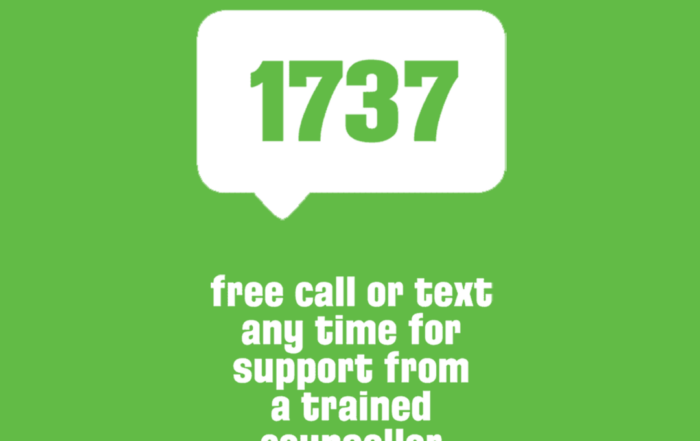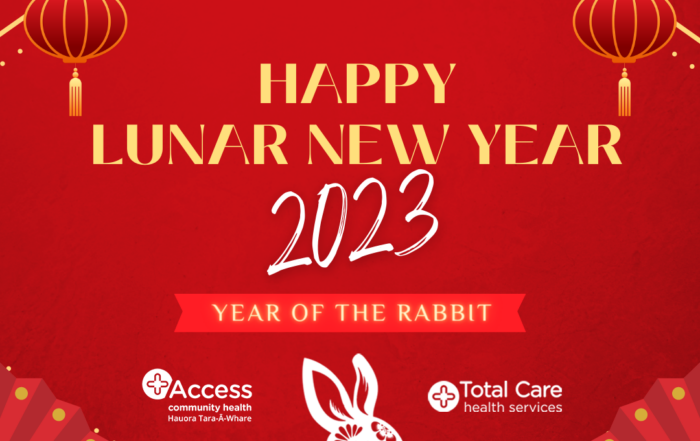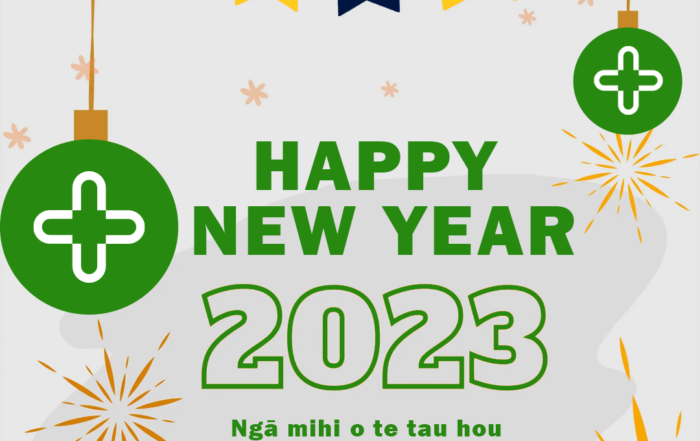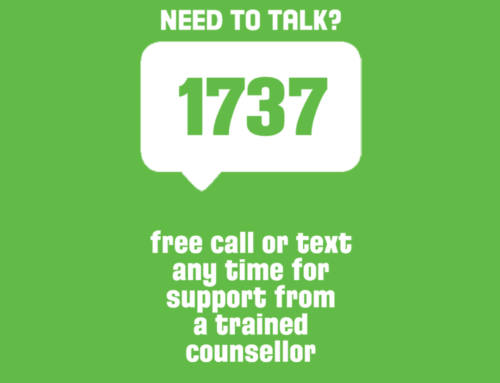
Managing your mental wellbeing in COVID-19
COVID-19 has made life a bit of a roller-coaster now, which has led to many of us experiencing a range of different emotions. In tough times like these it can be hard to know how to feel or what to do. And that’s all right.
Many of us have been feeling stressed about the situation. This has impacted us in many ways with some feeling anxious and worried. If you are feeling like this the team at Access Community Health want you to know that this is normal.
Most people feel anxious from time to time, but it tends to be a problem if the worry makes one feel panicked. An uncertain threat can make our anxious minds overestimate the danger posed to us and underestimate our ability to cope. If you find yourself thinking a lot about the virus, ask yourself “am I worrying or planning?”. WORRYING is where you are concentrating on what is out of your control, while PLANNING is where you are concentrating on what is in your control (i.e. problem solving).
There will always be periods of life that are more challenging than others. We don’t have control of that, but we can respond to a difficult situation in a different way.
Focus on what you can control
If you are finding it difficult to control worries remind yourself it is all right and there are other people around us that may feel anxious too. Anxious thoughts, feelings, or behaviours is our body reminding us you may need to pause and take a deep breath.
While there’s a lot we can’t change in life, there are some things that we can influence. For instance, we do have control over how we choose to show kindness towards our colleagues and clients. This is important because when we receive and provide support, we build our resilience and form stronger families and communities. Reach out to family, friends, and others you trust.
If you know certain things tend to trigger negative thoughts and anxiety spirals, it’s best to take some time away from them. When we are frequently exposed to negative news it can make us feel worried and fearful. Constantly reading the news or checking social media can escalate your anxiety. Limiting exposure to news, sticking to reliable sources of information, and ensuring that you connect with people about things other than just this issue can help alleviate anxiety.
Bring it back to the present
Pause, Breath and Smile – what you pay attention to can influence your feelings
You will hear people talking about “Mindfulness” so what is it and can it help? Mindfulness means paying attention to what is presently occurring with kindness and curiosity. Paying moment-by-moment attention to what’s happening in the now, rather than the past or future, can be incredibly therapeutic. “It’s about asking: Am I safe right now? And if that’s true for you in that moment, it’s the truth.”
Anyone can practise mindfulness. There are many good guides on YouTube (mentalhealth.org.nz/home/our-work/category/21/mindfulness) (suggestion) or apps such as Headspace to introduce you to the basic techniques. You can start with a breathing exercise to slow the mind down and engage the senses:
- Firmly put your feet on the floor
- Name five things you can see
- Name four things you can hear
- Name three things you can touch
- Name two things you can smell.
If you need to talk to someone there is EAP by phone or video www.eapservices.co.nz or 0800 327 669 anytime, or you can go to https://www.health.govt.nz/your-health/services-and-support/health-care-services/mental-health-services/mental-health-services-where-get-help for more resources.
Recent Posts:
Cyclone Gabrielle – Need to talk?
The weather events have been distressing for many of us. There's good, free, 24x7 telehealth support available from 1737. It's free, just call or text [...]
Happy Lunar New Year from Access Community Health
Here at Access, we celebrate the cultures of the tāngata | people who surround us. Culture enrichens our experience as humans, gives us confidence and [...]
Happy New Year from Access Community Health
With the new year beginning, it is important to take a moment to reflect on how much was accomplished in 2022. This time last year, [...]








